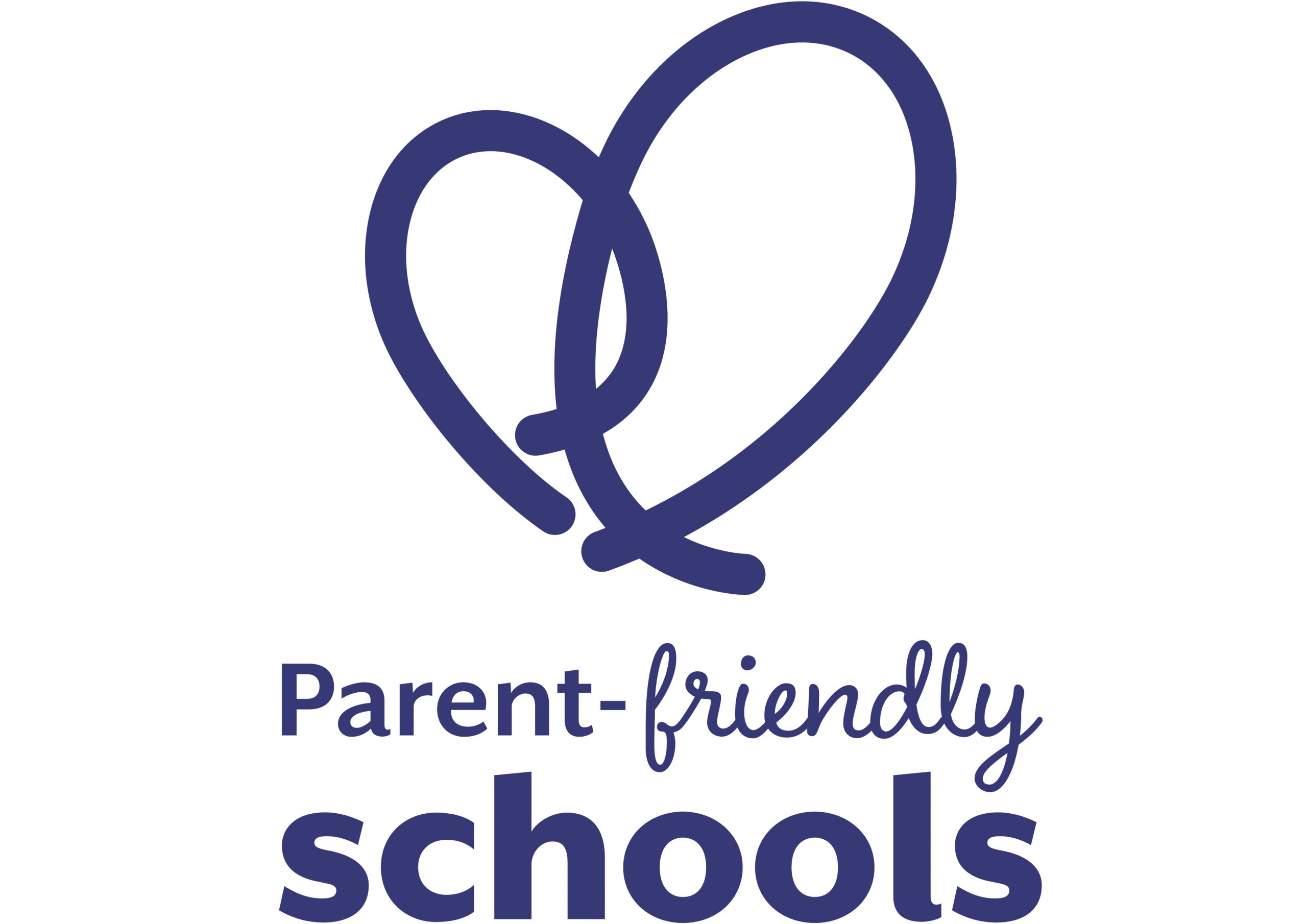COMPUTING, ICT & iMEDIA
click or tap the bottom right of film for sound.
Preparing students for tomorrow, bit by bit
The Computing department will help to create, share, and apply knowledge in all branches of Computer Science and ICT. We will educate students to be successful, ethical, and effective problem solvers with a passion to innovate and create, rather than just passive consumers and users of technology. We will develop an understanding and appreciation of all aspects of digital products, from how they work to how they look. We will foster curiosity and encourage exploration to create students who can contribute positively to the well-being of our society and who are prepared to tackle the complex 21st Century challenges facing the world.
- Summary focus areas:
- Innovate, create, develop
- Solving 21st Century problems
- Active developers not passive consumers
Computing
| TERM | YEAR 7 | YEAR 8 | YEAR 9 | YEAR 10 | YEAR 11 |
|---|---|---|---|---|---|
| AUTUMN |
|
|
|
|
|
| SPRING |
|
|
|
|
|
| SUMMER |
|
|
|
|
|
Clicking on the buttons below will download a PDF including a further breakdown of topics covered in the subject:
KS3
Homework for Computing is designed to cover a range of concepts and topics to extend and supplement the curriculum delivered in lessons. Students can hand in homework either digitally or on paper, and will be expected to exercise their creative as well as academic skills. Homework helps to develop independence, resilience and time-management skills. Activities could include tasks such as:
- Research and presentation of findings
- Creative use of graphics and design to present understanding
- Visual representations of concepts and theories
- Literacy-based activities, such as poetry or song lyrics for a topic
- Comprehension-based quizzes
Completed activities will be collected and marked, and failure to submit homework on time will require students to attend interventions to ensure this is not left unsubmitted for too long.
KS4
Homework for Computing is designed to support and extend the students’ studies from their lessons. Work may be a mixture of practical, computer-based tasks and paper-based written work or design tasks. Activities set as homework may be:
- Preparatory work or research ahead of a new topic or concept being discussed in lessons.
- Extension work that allows the student to explore a topic in more depth or in other contexts.
- Application work that allows students to practise skills or demonstrate abilities.
Students are expected to spend around an hour on a homework activity each week and work is marked promptly to help students to identify and understand their weaknesses to make incremental improvements over the course of the year.
ICT
| TERM | YEAR 10 | YEAR 11 |
|---|---|---|
| AUTUMN |
|
|
| SPRING |
|
|
| SUMMER |
|
|
Clicking on the buttons below will download a PDF including a further breakdown of topics covered in the subject:
The ICT department will help to create, share, and apply knowledge in all branches of Computer Science and ICT. We will educate students to be successful, ethical, and effective problem- solvers with a passion to innovate and create, rather than just passive consumers and users of technology. We will develop an understanding and appreciation of all aspects of digital products, from how they work to how they look. We will foster curiosity and encourage exploration to create students who can contribute positively to the well-being of our society and who are prepared to tackle the complex 21st Century challenges facing the world.
Summary focus areas:
- Innovate, create, develop
- Solving 21st Century problems
- Active developers not passive consumers
Homework for ICT is set weekly to support and extend the students’ studies from their lessons. Work may be a mixture of practical, computer-based tasks and paper-based written work or design tasks. Activities set as homework may be:
- Preparatory work or research ahead of a new topic or concept being discussed in lessons.
- Extension work that allows the student to explore a topic in more depth or in other contexts.
- Application work that allows students to practise skills or demonstrate abilities.
Students are expected to spend around an hour on a homework activity each week and work is marked promptly to help students to identify and understand their weaknesses to make incremental improvements over the course of the year.provements over the course of the year.
Reading Beyond the Classroom
iMedia
| TERM | YEAR 10 | YEAR 11 |
|---|---|---|
| AUTUMN |
|
|
| SPRING |
|
|
| SUMMER |
|
|
Homework for iMedia is designed to support and extend the students’ studies from their lessons. Work may be a mixture of practical, computer-based tasks and paper-based written work or design tasks. Activities set as homework may be:
- Preparatory work or research ahead of a new topic or concept being discussed in lessons.
- Extension work that allows the student to explore a topic in more depth or in other contexts.
- Application work that allows students to practise skills or demonstrate abilities.
Students are expected to spend around an hour on a homework activity each week and work is marked promptly to help students to identify and understand their weaknesses to make incremental improvements over the course of the year.
Clicking on the buttons below will download a PDF including a further breakdown of topics covered in the subject:

